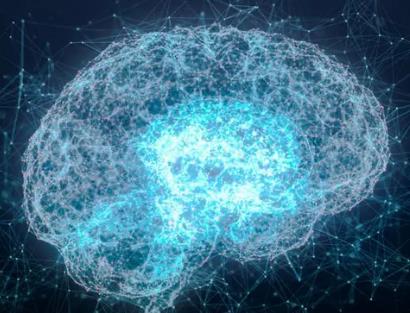What Is the Conclusion of AI?
Artificial Intelligence (AI) is redefining industries by automating complex tasks, offering predictive insights, and transforming how we interact with technology. Here's a comprehensive assessment of the conclusion of AI and its impact on various sectors:

1. Automation and Efficiency
- Task Automation: AI has revolutionized data processing and repetitive tasks across finance, healthcare, manufacturing, and other sectors. This automation improves efficiency and reduces errors, enabling professionals to focus on creative and strategic work.
- Natural Language Processing (NLP): With advancements in NLP, tools like chatbots, sentiment analysis systems, and transcription software automate customer service and data management.
2. Predictive Insights and Decision-Making
- Predictive Analytics: AI algorithms analyze historical and real-time data to identify patterns and trends, providing accurate forecasts for business planning and risk management.
- Decision Support Systems: These systems provide actionable insights to executives by analyzing market trends, customer behavior, and economic changes.
3. Enhanced Customer Experience
- Personalization: E-commerce platforms use AI to recommend products and services based on individual preferences and past behaviors, boosting customer satisfaction and sales.
- Sentiment Analysis: Companies leverage AI to analyze customer feedback and understand public sentiment, helping them refine products and marketing strategies.
4. Innovation and Creativity
- Generative Models: AI tools like DALL·E and GPT-4 enable content generation in art, writing, and design, helping creators visualize new ideas.
- R&D Acceleration: AI accelerates research and development by simulating complex scenarios, optimizing designs, and analyzing massive datasets.
5. Challenges and Ethical Considerations
- Data Privacy: The widespread use of AI raises concerns about data security and how personal information is collected, stored, and used.
- Bias and Fairness: Bias in training data can lead to unfair outcomes. Efforts to build ethical and inclusive AI systems are ongoing.
To learn more about AI's summarization capabilities and how it simplifies work, see conclusion of ai.
AI is reshaping industries by improving productivity, enabling predictive insights, and fostering creativity. Though challenges remain, AI's transformative potential will continue to grow, impacting nearly every facet of society.